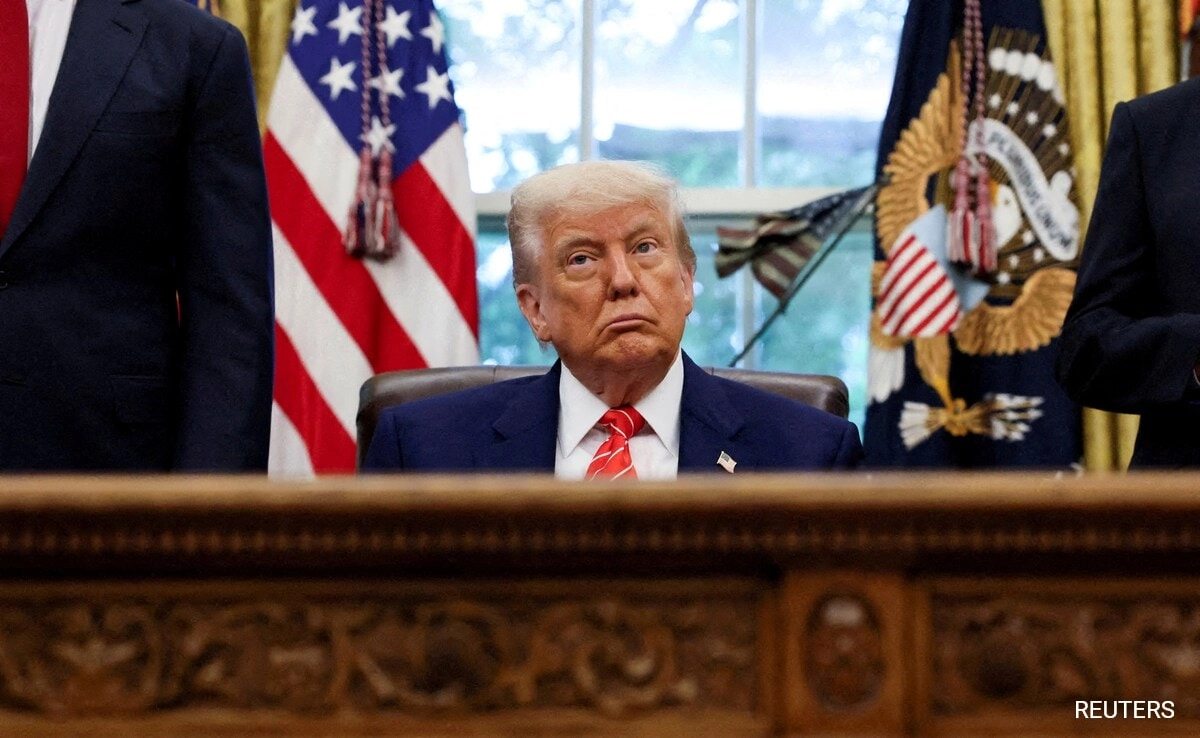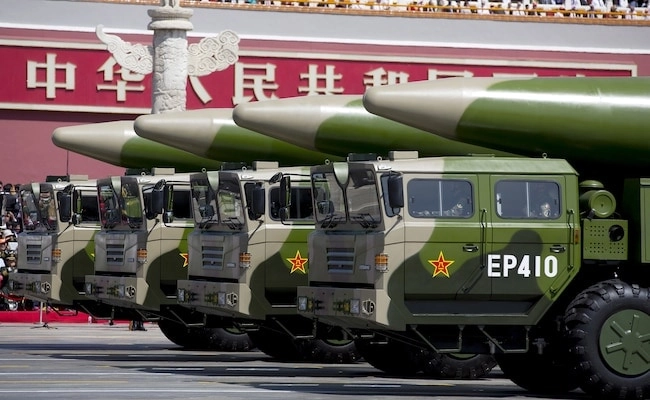Former President Donald Trump’s approval rating has recently fallen to 42%, a significant decline that reflects growing concerns among voters about the economy. This dip in approval comes at a time when economic issues are becoming increasingly prominent in the minds of the electorate. Polls indicate that voters are attributing their discontent not only to rising inflation but also to job security and overall economic stability. These factors seem to be overshadowing other aspects of Trump’s presidency, such as his foreign policy achievements and efforts to reshape the judiciary.
The economic landscape is undeniably a crucial element in shaping public opinion, and for many Americans, the current financial uncertainty is a pressing concern. As inflation continues to rise, many families are feeling the strain on their budgets, which has led to increased scrutiny of the government’s policies and their effectiveness in fostering economic growth and stability. Analysts suggest that Trump’s lower approval ratings could be a direct reflection of these anxieties. Voters often look to leadership during challenging economic times, and if they perceive that their leaders are failing to address these critical issues, it can lead to a significant decline in support.
Moreover, Trump’s approval rating decline may also be indicative of a broader trend among voters who are seeking change as they navigate these economic challenges. Political analysts believe that as individuals grapple with their financial situations, they may become less forgiving of perceived missteps by their leaders. Trump’s administration has faced criticism for various policy decisions, and as economic pressures mount, voters may be more inclined to hold him accountable, which could have implications for the upcoming elections.
Overall, the intersection of Trump’s approval ratings and economic concerns highlights the importance of addressing fiscal issues in the political arena. Voters are increasingly prioritizing economic stability and growth, and any perceived failure to deliver on these fronts can lead to significant shifts in public opinion. As the political landscape evolves, it will be crucial for leaders to not only acknowledge these economic challenges but also present viable solutions that resonate with a concerned electorate.




